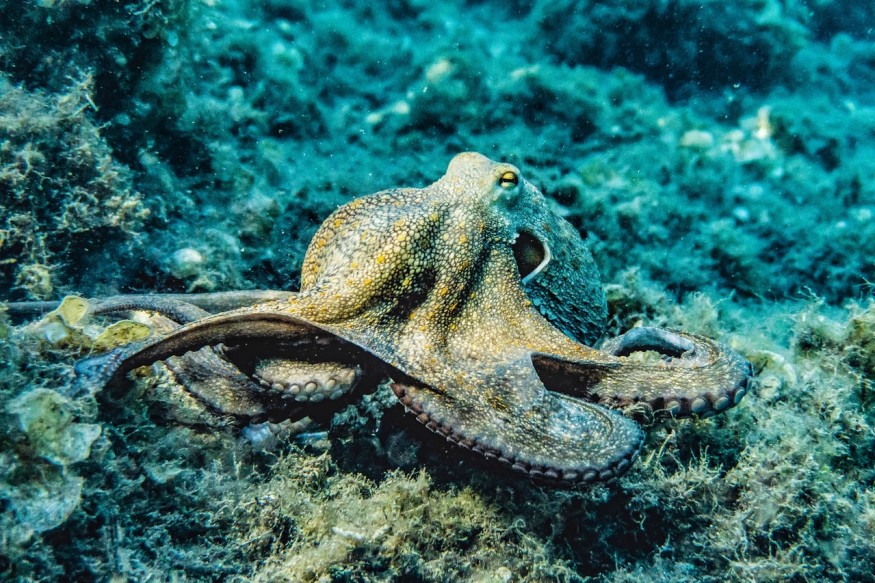In previous biological investigations, it was found that octopuses can solve puzzles that we thought were too complex for them. In addition, they were observed to have a preference for affection.
These studies led the science community to theorize that emotions are existent in the octopuses. In new research, experts discuss the concept of emotions in animals like particular species, members of invertebrates, and other animals.
According to the new study's authors, animal emotions would spark numerous debates and most likely will challenge decision-making anchored on the morals of humans, PhysOrg reports.
Do Invertebrates Have Emotions?

Many countries do not consider invertebrate animals such as crabs, octopuses, crayfish, and lobsters as living organisms that could feel pain and other negative emotions. On the other hand, the United Kingdom is building a regulation that could protect invertebrates from abuse and give the animals a chance to be recognized as sentient beings with emotions.
London School of Economics (LSE) recently conducted research that was supported and commissioned by the government of the United Kingdom.
York University expert and author of the study Kristin Andrews explained that the LSE-UK report presented conclusive evidence that shows cephalopod mollusk and decapod crustaceans as sentient organisms.
Andrews collaborated with Emory University's Living Links Center director Frans de Waal in forming the clearest data yet on the factors that make the animals in question sentient and the policy and ethical concerns around them.
Andrews said that it is well established in western culture that most invertebrate species are non-sentient or do not even feel any emotions such as pain. The expert explained that raising the case of fish and mammals to be considered by the welfare law as sentient is challenging.
Until the 1980s, people believed that human infants did not have the capabilities to feel pain. Similar to that scenario, many educators and scientists still do not believe in invertebrate emotion and pain even in modern times.
Developing Studies on Animal Emotions and Impact on Human Ethics
Previously thought to only react through negative stimuli, further studies already gave information about how fish, octopuses, crabs, and other mammals intentionally keep themselves far from any dangers that could hurt them.
Studies on animal empathy are also increasing, with the experts showing comprehensive data on how species such as cows express their distress when witnessing their offspring in a negative state.
Recognizing these aspects in many animals will shackle what humans have already believed for thousands of years, requiring us to adjust with respect to the conditions of the coexisting species we previously thought were not sentient. Andrews explained that more of these conundrums would only be answered through studies that will occur in the future.
The authors highlight the importance of collaborative efforts between scientists and ethicists, as this is the only way that could provide us with better solutions and sculpt our moral landscapes.
The study was published in the journal Science, titled "The question of animal emotions."
RELATED ARTICLE : Dolphins Whistle? New Studies Uncover Bonding Ritual, More Functions of Animal's Vocal Sounds
Check out more news and information on Biology in Science Times.










